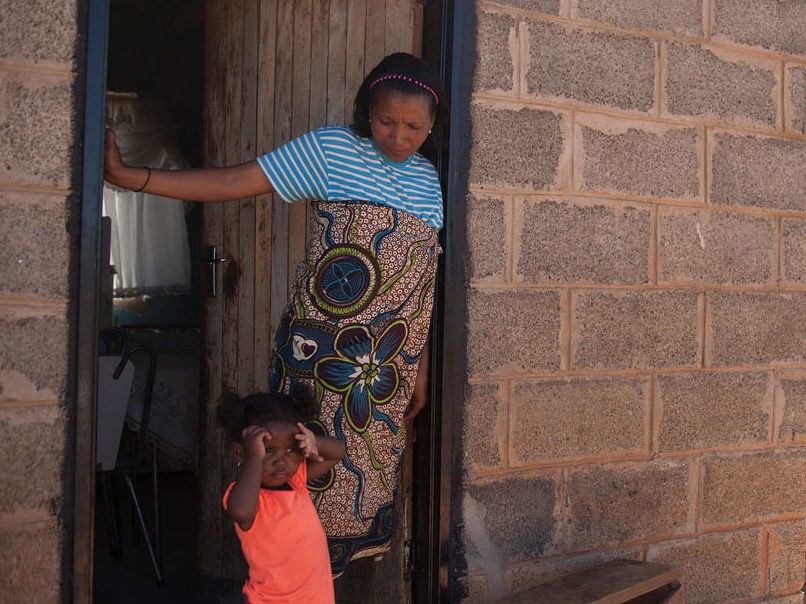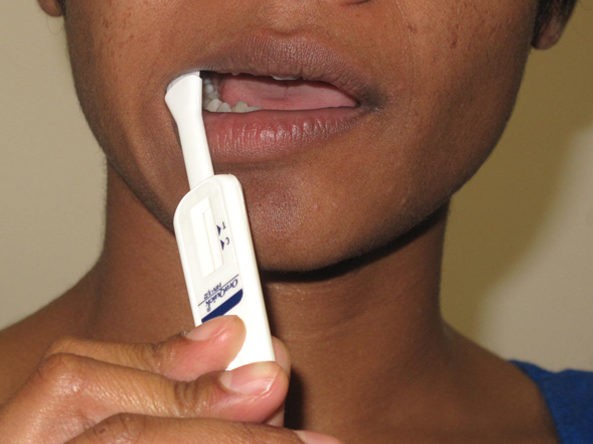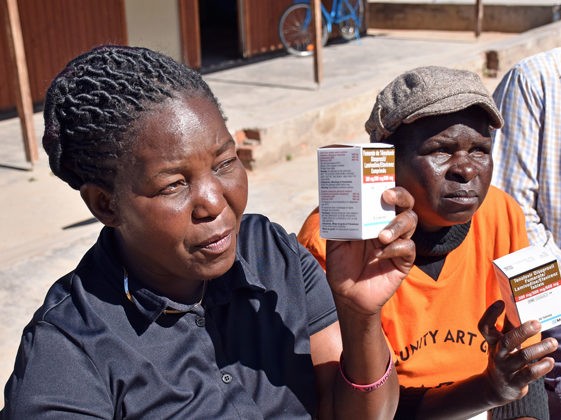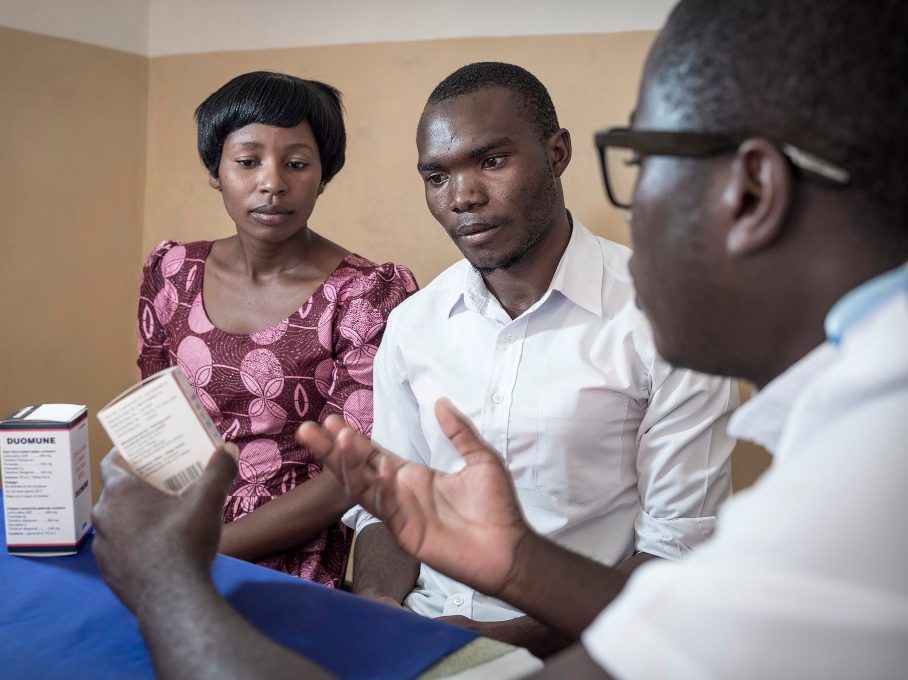Article and Study Summary:
Effect of a brief psychological intervention for common mental disorders on HIV viral suppression: A non-randomised controlled study of the Friendship Bench in Zimbabwe.
Published in:
PLOS Glob Public Health. 2024;4(1):e0001492.
https://doi.org/10.1371/journal.pgph.0001492
Authors:
Simms V, Abas MA, Müller M, et al.
Summary
This multi-center, prospective, comparative cohort study evaluated the effect of the Friendship Bench (FB) psychological intervention on HIV viral suppression among people living with HIV (PLWH) with co-morbid common mental disorders (CMD) in Zimbabwe. PLWH who were ≥18 years old, on antiretroviral therapy (ART) for at least three months and found to have co-morbid CMD diagnosed using the Shona Symptom Questionnaire (SSQ-14) were included in the study. Participants from six clinics received the FB intervention, which included six sessions of culturally adapted problem-solving therapy and simple behavioral activation for depression, delivered by a trained lay counsellor on a bench in a discreet area outside the clinic. Participants at two clinics served as the comparison group and received enhanced usual care (EUC), which consisted of nurse-led psychoeducation and assessment with referral for any additional mental health care needs. The primary outcome was the proportion of participants with viral non-suppression (defined as ≥400 copies/mL) at six months follow-up or death. Overall, 10.1% of the participants in the FB group had viral non-suppression at endline as compared to 15.1% in the EUC group (p = 0.05). Among participants who were virally suppressed at baseline, prevalence of non-suppression at follow-up was lower in the FB group than the EUC group, however, among participants with viral non-suppression at baseline, there was no evidence of a difference in endline viral non-suppression between the groups. These findings suggest the FB is a promising intervention to help PLWH with CMD to maintain viral suppression, but more is needed to support those who are struggling with non-adherence.
Full Synopsis:
>>>> For the full synopsis, please see the PDF version available in English, French, Spanish, Portuguese
Please share your thoughts and experiences with us in the comments section below.
Discussion Questions:
1) How could the findings in this study impact policy where you work?
2) What would it take to implement the study intervention in the programs you work with? Do you have any experiences to share?
Articles of Note:
Subcutaneous Administration of a Monoclonal Antibody to Prevent Malaria









